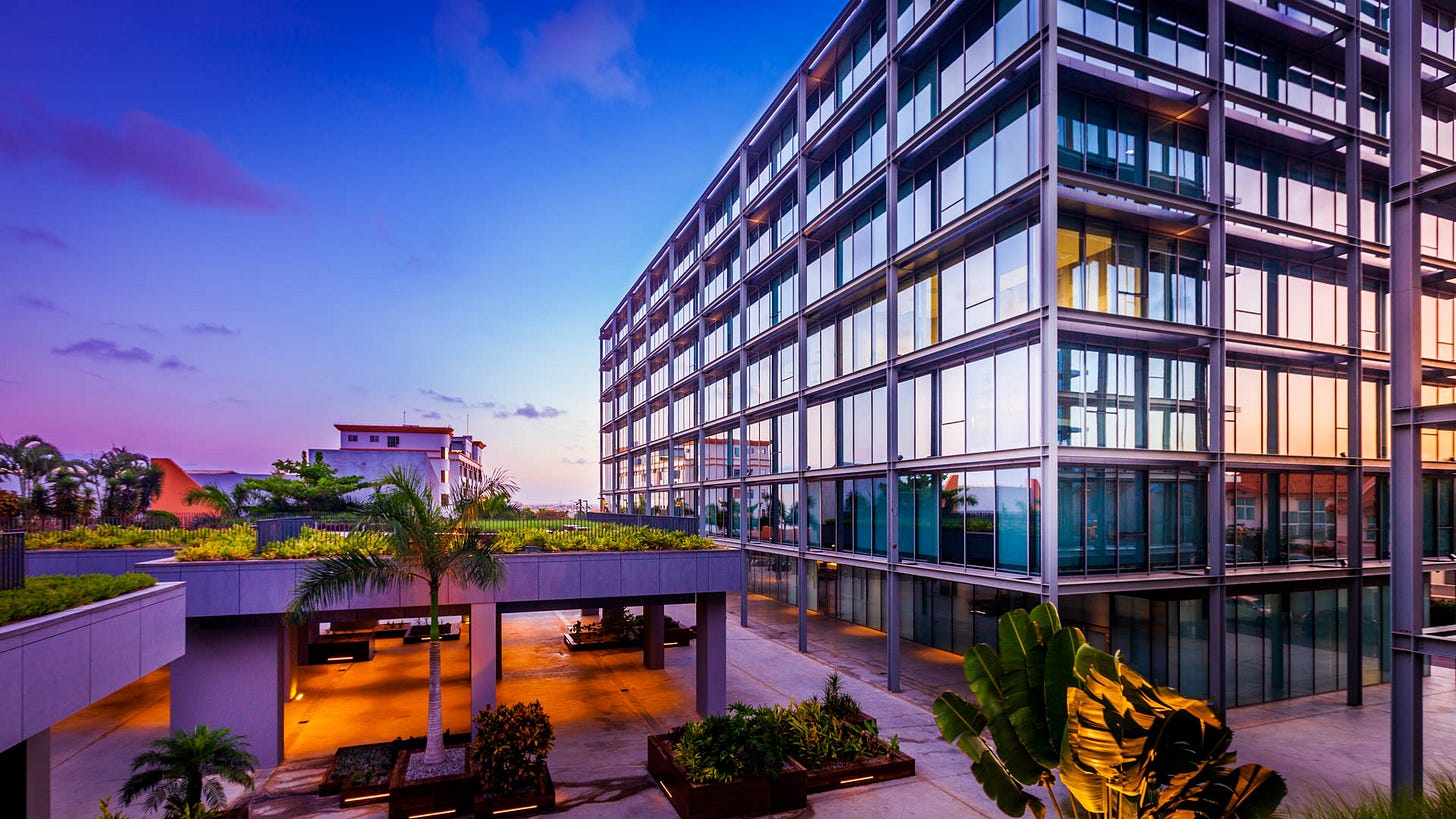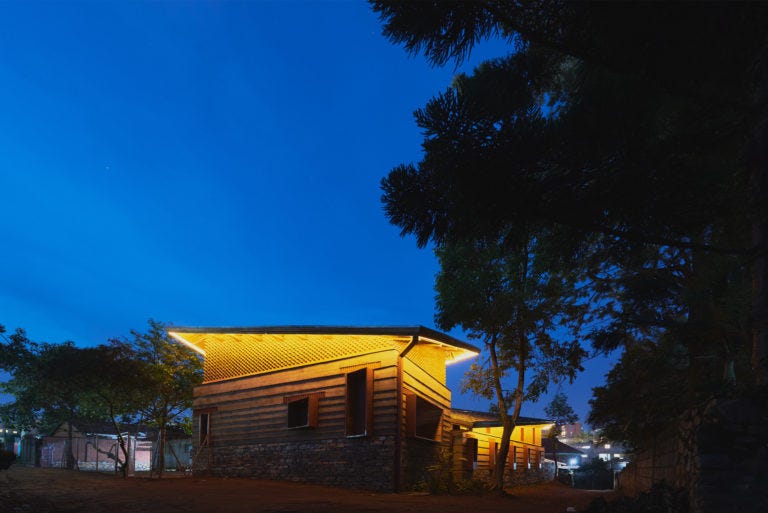🔅 African Diplomats' Struggle for Influence in D.C.
The Sudanese Artists Finding Solace in Uganda
Photo of the Day
Spotlight Stories
African Diplomats in D.C.: The Invisible Players in the Game of Influence
At swanky D.C. party, diplomats rub elbows with policymakers, and the room is buzzing with gossip, networking, and the occasional name-drop. But as you scan the crowd, you notice a glaring absence – where are the African diplomats?
It's a phenomenon that's hard to miss in Washington's diplomatic scene. Despite the fact that Africa is home to more than a quarter of the world's nations, their representatives are often conspicuously absent from the city's social and political gatherings.
As one European diplomat put it:
The Resource Conundrum
So, what's keeping African diplomats on the sidelines? It all comes down to resources, or rather, the lack thereof.
Many African embassies in D.C. are operating on a shoestring budget, with just a handful of overworked and underpaid staff. Hosting events, building a decent website, or even having a public affairs officer can be a luxury they simply can't afford.
But it's not just about the money. Despite the strength in numbers that 54 countries should theoretically provide, African nations often struggle to present a united front in Washington.
Each country has its own unique interests and rivalries, and regional divides (like the one between North Africa and sub-Saharan Africa) can make coordination even harder.
Even when African diplomats do engage with Washington, they often find themselves hamstrung by rigid adherence to diplomatic protocol. As former U.S. officials noted, many African embassies stick so closely to the rules that they end up hurting their own interests. They'll go through official channels to reach a high-level official, when a casual conversation at a party might be a more effective way in.
Breaking the Cycle
So, what's the solution? According to some Africa watchers, it's time for African diplomats to start hustling.
That means cold-calling socialites for invites, persuading think-tankers to share their contacts, and building a tradition of hosting gatherings at their embassies. It means being entrepreneurial, persistent, and unafraid to play the game by D.C.'s unwritten rules.
As one former Asian diplomat put it, "If there's anything in shortage in Washington, it's attention. You have to get out and get that attention. It takes hustle."
Sudanese Artists Find Solace in Uganda's Creative Oasis
Amidst the chaos of Sudan's ongoing civil war, a group of the country's most celebrated artists have found a temporary haven in Kampala, Uganda. The 32° East arts centre has opened its doors to four Sudanese creatives, offering them a chance to escape the horrors of war and rediscover their artistic inspiration.
For Nusreldin Eldouma, one of the artists in residence, fleeing Sudan meant abandoning a lifetime's worth of work. Among the paintings left behind was a watercolor portrait of a Sufi sage, a symbol of peace and simplicity that now stands in stark contrast to the violence engulfing his homeland.
But while his canvases may be lost, Eldouma's spirit remains unbroken.
Tanzil Abdallah Adam, another artist in the program, was once known for her street art in El Fasher, west Sudan. But with the outbreak of war, her promising career and cherished community were shattered in an instant.
During her residency, Adam has found solace in a new medium: incorporating crochet into her work, weaving together threads of hope and resilience.

For Mohammed Altaj, a film-maker and photographer, the sound of explosions has become a harrowing soundtrack to life in Khartoum. As a journalist, he's witnessed firsthand the deliberate destruction and looting of media organizations, a chilling reminder of the dangers faced by content creators in times of conflict.
At 32° East, Altaj has focused on a photographic project that aims to tell Sudan's story, ensuring that the truth is not lost amidst the chaos.
A Small Respite in the Face of Horror
While the artists' residency at 32° East may seem like a drop in the ocean compared to the scale of Sudan's crisis, its impact cannot be underestimated.
As Teesa Bahana, the centre's director, notes, "While there is little we feel we can do to stop ongoing genocides, we saw how having spaces like these can be a small respite in the face of such horror."
For Eldouma, the chance to draw inspiration from Kampala's vibrant daily life and stunning natural landscapes has been a revelation. "It is very important to immortalise such bright moments that fall between the rubble of life's pressure," he reflects.
In the face of unimaginable adversity, these Sudanese artists have found a way to create beauty from the ashes of war.
Food for Thought
“A bird that flies off the earth and lands on an anthill is still on the ground."
— Igbo Proverb







